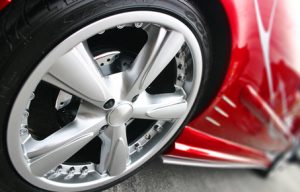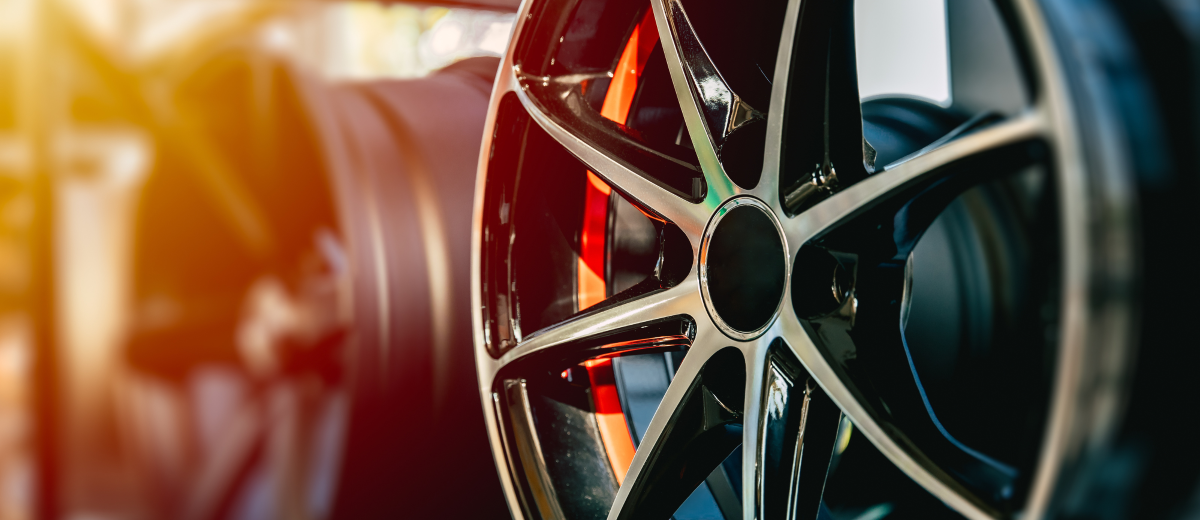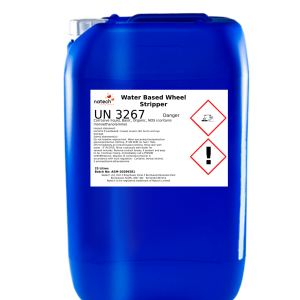Wheel Stripping with Biostrip
Biostrip Wheel Stripper is now one of the leading products for water-based wheel stripping.
Biostrip Wheel Stripper contains a unique formulation using water as the main ingredient. It is free form hazardous chemicals such as methylene chloride and hydrofluoric acid commonly found in traditional style ‘cold’ wheel stripping products.
Key Benefits Include:
- Strips at temperatures from 70°c to 85°c
- Outstanding, proven performance in bench tests against competitors products
- Short strip time for many OEM primers
- Faster strip time for polyester hybrids and varnish on recoated wheels
- Not ADR Regulated for transport
- Safer to use than traditional cold acid wheel strippers
- Acid-free, safe on magnesium wheels
Before using this type of product, consideration should be given to the application itself.
For the stripping tanks themselves, 304 Stainless steel should be used. It is however possible to use Polypropylene or high-density polyethylene. But these materials will restrict the maximum temperature at which the stripper can be run.
The tank must be lidded to prevent evaporation, lagged to prevent heat loss and equipped with some means of thermostatically controlled heating. A properly designed tank will not require agitation. For fast removal of paint, Biostrip wheel stripper must be heated to 70C or above. We do not advise exceeding 90C.
Stripping time depends on temperature. A typical non-German wheel will take around 2 hours and a German OEM wheel around 3 hours.
Biostrip Wheel Stripper does not attack the alloy wheel and therefore wheels can be left in for extended periods if necessary. Eg: for economy run at lower temperatures and strip overnight.
Power Washing of the wheels is required once stripped to remove any residual Wheel Stripper. Before moving on to the painting stage it is imperative wheels are thoroughly cleaned. If left on the stripper will adversely affect subsequent paint.
Whilst Biostrip wheel stripper gives excellent performance on most substrates, loads should never be mixed in the strip tank, ie. only strip alloy wheels with other alloy wheels, never with steel wheels.

Unit 2, Ring Road, Zone 2, Burntwood Business Park, Burntwood, Staffordshire, WS7 3JQ
Quick Links
This website uses Cookies to improve your browsing experience and to help with our marketing. You can read more about how we use Cookies here: Cookie Policy
I'm fine with this
